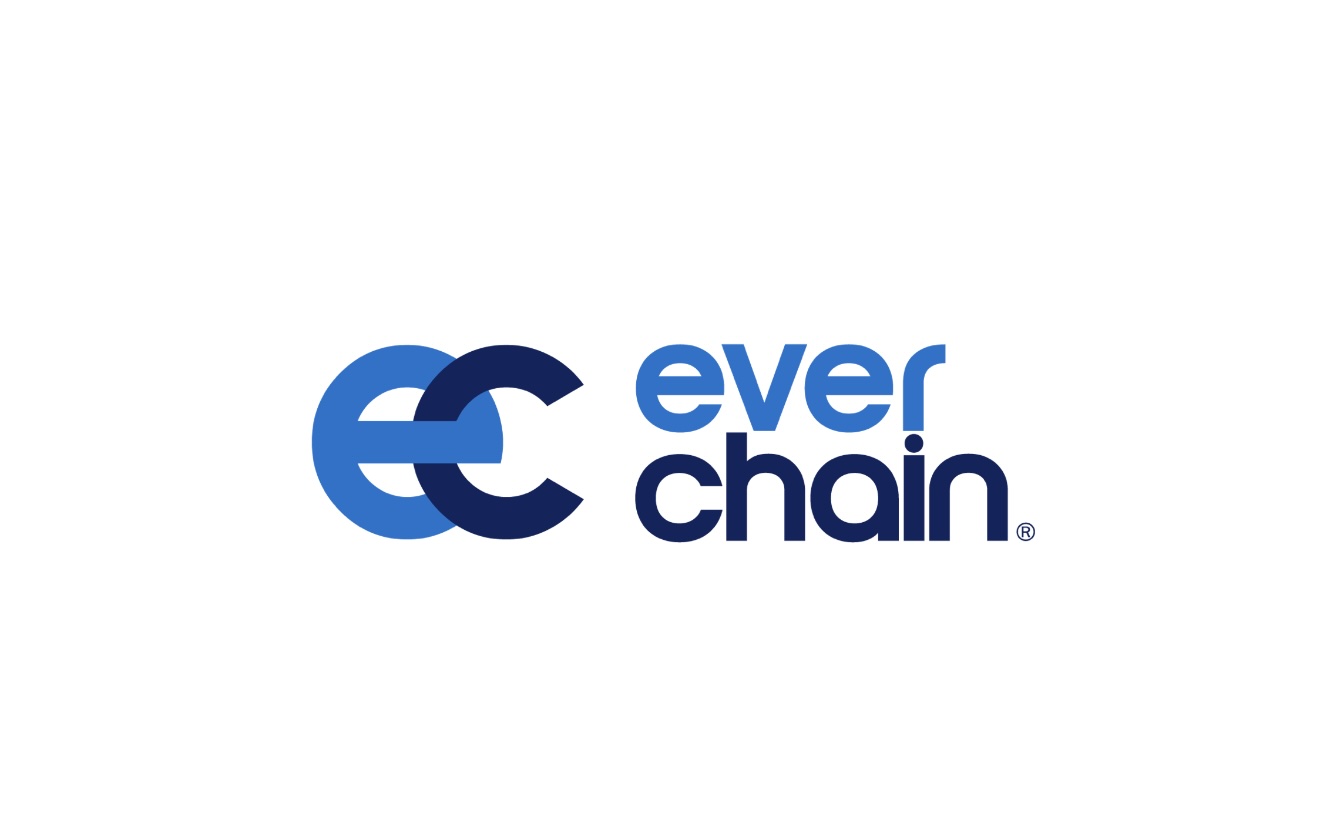Source: site

Key Features of the CFPB Proposed Rule
-
Discouragement Standard Narrowed: The rule would solely prohibit spoken, written, or visual statements directed at applicants or prospective applicants which a creditor “knows or should know” would cause a reasonable person to believe they’d be denied credit or offered less favorable terms on a prohibited basis.
-
No Liability for Targeted Advertising: Encouraging messages aimed at certain groups (such as specific communities or demographics) would not be treated as discouragement for non-targeted groups, giving creditors more flexibility for marketing without risk of reverse discrimination claims.
-
Excludes Practices like Branch Location or Ad Targeting: The regulation would exclude acts and practices like deciding where to advertise or place branches from being considered illegal discouragement, focusing solely on the content of actual statements and images.
-
Removes Disparate Impact Claims: The proposed rule would eliminate disparate-impact liability under ECOA, meaning creditors are not held liable for neutral policies that unintentionally result in disadvantages for protected classes, unless direct statements or acts of discrimination can be shown.
-
Prohibits Express Discriminatory Preferences: Creditors must avoid explicit statements or visuals expressing discriminatory preferences or exclusions, though broader business practices and encouraging messages are now allowed if not directly discriminatory.
Impact for Creditors
-
Greater Protection from Censorship Claims: Creditors would have more clarity and freedom to design marketing and advertising without fearing inadvertent regulatory violations, so long as they do not make explicit, discriminatory statements.
-
Reduced Compliance Burden: Compliance programs will shift away from disparate-impact analysis and focus on direct treatment and proxy discrimination, streamlining oversight and allowing for more innovation in credit services.
-
Expanded Flexibility: Branch location strategies, advertisement targeting, and encouraging statements can be managed without automatically triggering discouragement claims, except in cases of direct discriminatory communication.
This proposed rule reflects the CFPB’s concern that previous interpretations risked overcorrecting for discrimination and chilling legitimate business activity, and seeks a more tailored balance protecting both applicant rights and creditor freedom.




